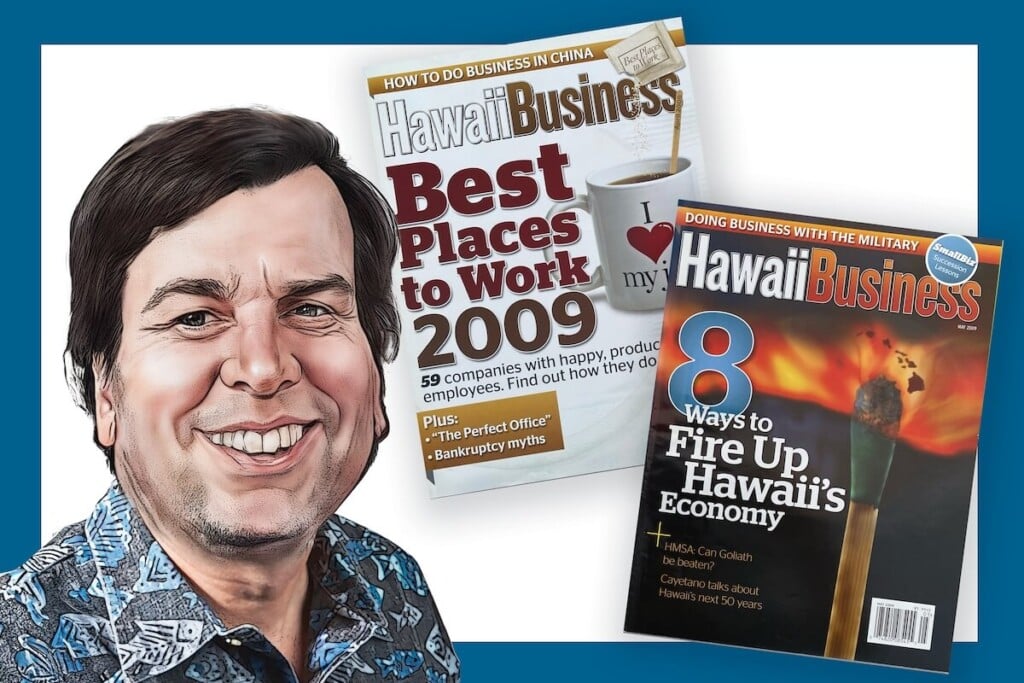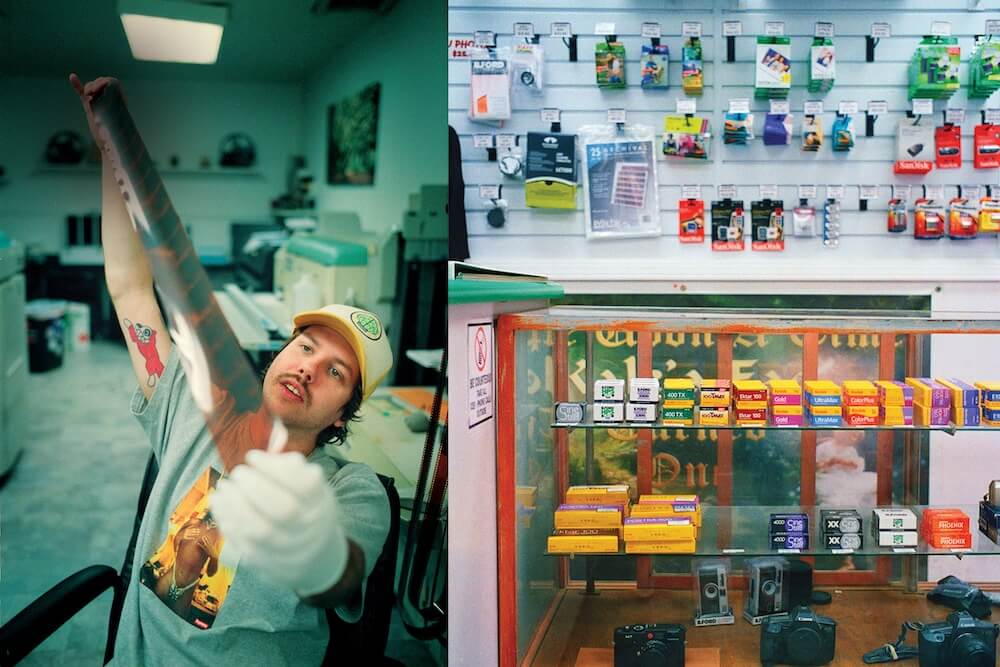Editor’s Note: Please Remove Preconceptions Before Boarding

If I promised you an extra hour of productive work time or leisure every day without cutting back on sleep and family time, would you take it? By the way, this productivity boost would also reduce your stress, save you money and protect the planet.
I’m talking about riding the bus to work. If you don’t already, you probably have plenty of negative preconceptions about the bus, so please put those on the shelf for a moment. To paraphrase the ubiquitous ad for GEICO car insurance: If you give me five minutes, I can save you thousands of dollars and add years to your life. It won’t make sense for everyone, but I suspect it will for thousands of long-distance commuters who now drive themselves to work.
Saving time is the biggest payback for me, so let’s start there. If it’s not an express, the bus likely will take 10 or 20 percent longer than your car ride. But how much do you get done in the car? I get a seat on the bus 98 percent of the time, then pull my laptop or iPhone out of my backpack, answer e-mails, work on projects and finish simple administrative tasks. That adds up to less time in the office and more foosball games with my daughter.
If I need to unwind, I’ll read a book, listen to Neil Young or just watch the scenery while pondering what to have for dinner. By the way, there’s an NPR app for most smartphones, so you don’t have to give up “All Things Considered.”
You don’t do the driving, so you can eliminate that waste of time and repetitive stress. Sure, the bus ride isn’t perfect. The person behind you sometimes can’t stop talking. But that’s why God gave us earbuds and J.S. Bach’s Cello Suites, which block out reality as either foreground or background music.
My neighborhood bus runs infrequently, so I drive 10 minutes from home and park in my church’s lot on the main bus line in Kailua. That way, when I get off the bus, I can still stop for groceries or a workout on the way home. No church nearby? You can park on a residential street near the bus stop or make a cheap deal with the store whose lot sits half empty during weekdays.
My company pays for my bus pass. (Thanks, boss!) Lots of companies do, but if yours doesn’t, tell your HR people that free bus passes would be an investment in greater productivity and lower blood pressure. Both of those help the bottom line.
If you occasionally need your car at work, ask your CFO to add a vehicle or two to the company fleet and pay for them out of the savings noted in the previous paragraph. Or take the bus to your appointments; some colleagues and I find we actually gain time getting around urban Honolulu by not having to park a car.
By riding the bus almost every workday, I save thousands of dollars a year in parking, gasoline, insurance, and wear and tear on my car – and I drive a ’94 Accord. If you’re driving anything bigger or newer, your savings should be greater.
Finally – here comes the self-righteous part – every one of us on the bus is leaving the planet a little cleaner than those driving alone to work every day. It’s not much, but every bit helps.






